Procurement Strategy’s Role in Solar Lighting ROI
Optimizing Procurement to Maximize Solar Project Returns
Why procurement matters for Municipal Solar Street Light ROI
Procurement is not just about buying lamps — for a Municipal Solar Street Light program it shapes lifetime costs, performance, risk allocation and long-term savings. Procurement choices determine unit price, warranty scope, testing standards, installation quality, and the ability to secure financing or attract performance-based contracts. Research from the International Energy Agency (IEA) and procurement best-practice bodies shows that procurement frameworks that prioritize total cost of ownership (TCO), verification, and maintenance reduce project lifecycle costs and increase realized ROI.
Key procurement objectives for Municipal Solar Street Light projects
Clear procurement objectives should align with municipal goals: reliable night-time lighting, reduced grid dependence, budget predictability and public safety. Typical objectives include reducing energy and O&M costs, ensuring product reliability under local climatic conditions, enabling scalable deployments, and minimizing lifecycle emissions. Translate these objectives into measurable procurement requirements — e.g., minimum lumen maintenance (L70 at X hours), expected battery cycles, ingress protection (IP66+), and third-party certifications.
Procurement models and how they affect ROI (commercial keywords: municipal procurement, solar lighting procurement)
Different procurement models shift costs, risks and incentives. Choosing the right model is a primary lever to maximize ROI for municipal buyers.
| Procurement Model | How it works | Impact on ROI |
|---|---|---|
| Traditional CAPEX Purchase | Municipality buys lights, installs and assumes O&M. | Higher upfront cost but lower long-term contractor margins. ROI sensitive to municipal O&M capability and financing cost. |
| EPC (Engineering, Procurement, Construction) | Single contractor delivers and installs system; warranty usually limited. | Faster delivery and single point of accountability; ROI depends on contract terms and performance guarantees. |
| PPP / Concession / BOOT | Private partner finances, builds, operates for a concession period. | Low upfront municipal spend; ROI realized via service payments; requires strong contract and monitoring to protect public interest. |
| Performance-Based Contracting (PBC) | Payment linked to verified lighting performance and uptime. | Aligns incentives to durability and maintenance — typically improves lifecycle ROI by reducing downtime and O&M waste. |
| Centralized Bulk Procurement | Municipality procures large volumes via framework agreements. | Drives unit price down and standardization up; improves ROI through economies of scale and simplified spare parts logistics. |
Technical specifications that change lifecycle costs for Municipal Solar Street Light installs
Technical procurement specs materially affect performance and replacement cycles. Key technical parameters to include in tender documents:
- Solar PV module warranty and degradation rate (e.g., ≤0.7%/yr degradation; 25-year performance warranty).
- Battery chemistry, cycle life (e.g., LiFePO4 vs. lead-acid), depth-of-discharge policies, temperature management.
- LED lumen output and lumen maintenance (L70/L80 at specified hours).
- Controller features: MPPT charge controllers, lighting profiles, dimming schedules, telemetry (IoT-ready).
- Ingress protection and corrosion resistance (IP66+, salt mist or relevant NEMA standard where applicable).
- Third-party certifications: IEC / CE / UL / BIS and ISO quality management (ISO 9001).
Specifying durable components and verification mechanisms reduces premature failures and replacement costs — a direct driver of improved ROI.
How to structure warranties and service-level agreements to protect ROI
Warranties and SLAs allocate risk. Municipal buyers should require:
- Minimum product warranty (typically 5–10 years for luminaire and battery depending on chemistry).
- Performance guarantees (e.g., maintained average illumination at X lux for Y years).
- Clear response times for failures and defined uptime metrics tied to penalties or payment deductions.
- Spare parts and transfer-of-knowledge clauses for local O&M teams.
Performance-based payments (or holdbacks) incentivize suppliers to deliver durable systems and reduce lifecycle costs that otherwise erode ROI.
Lifecycle costing and a simple illustrative ROI calculation
Use lifecycle cost analysis (LCCA) rather than first-cost bidding. LCCA includes procurement, installation, energy costs saved, maintenance, replacements, financing, and decommissioning. Below is an illustrative example (hypothetical values) to show how procurement choices affect ROI.
| Item | Low-Cost Option (Lead-acid) | Higher-Spec Option (LiFePO4 + MPPT + IoT) |
|---|---|---|
| Initial unit cost (incl. install) | $900 | $1,400 |
| Annual O&M (avg) | $60 | $25 |
| Battery replacements in 10 years | 2 | 0–1 |
| Expected useful life | 8–10 years | 15–20 years |
| Net Present Cost (20-year LCCA, discount 6%) — illustrative | $1,800 | $1,650 |
Interpretation: Although the higher-spec option has a larger upfront cost, its lower O&M, fewer replacements and longer life can deliver a lower 20-year cost and thus higher ROI. This is why procurement that captures TCO and performance verification yields better financial outcomes.
Evaluation criteria and scoring — weighting to drive ROI-focused bids
A scoring matrix should balance price and quality. Example weightings for tenders (adapt to local priorities):
- Price (30%)
- Technical compliance and product lifecycle (30%)
- Warranty & SLA (15%)
- Supplier track record and certifications (15%)
- O&M and local support plan (10%)
Including performance verification (site testing, third-party lab reports, field pilots) in the evaluation reduces the chance of selecting low-cost, poor-quality offerings that degrade ROI.
Risk allocation and financing — how procurement choices unlock better ROI
Risk allocation influences cost of capital and the ability to attract private finance. Municipalities can use procurement to:
- Offer partial guarantees to reduce interest rates.
- Use energy-performance contracting to pay from realized savings.
- Bundle projects in a centralized procurement to attract lower-cost financing.
Well-structured contracts and credible technical specifications reduce perceived risk and thereby financing costs, which directly improves net ROI.
Why certification, testing and third-party verification matter for municipal buyers
Independent certifications (IEC, UL, CE, BIS) and factory quality systems (ISO 9001) provide objective assurance of product reliability. Third-party testing of PV modules, batteries and luminaires reduces buyer risk. Municipal procurement should require submission of test reports (e.g., IEC 61215 for PV modules, IEC 60598 for luminaires) and, where possible, on-site acceptance testing.
Supplier selection and long-term partner value (commercial keyword: solar lighting supplier)
Selecting suppliers that combine manufacturing capability, project experience, and local service footprint reduces lifecycle costs and procurement headaches. Evaluate supplier case studies, references, manufacturing audits, and certifications. Preference for suppliers who provide integrated solutions (PV, battery, controller, luminaire, mounts, and monitoring) reduces interface issues and simplifies warranty management.
Case for IoT-enabled Municipal Solar Street Light systems
Procurement which includes smart controls and telemetry enables proactive maintenance and adaptive dimming — increasing lamp life and cutting energy consumption. Data-driven O&M reduces truck rolls and improves uptime, turning procurement for smart features into measurable ROI improvements.
Procurement checklist for municipal decision-makers
Before issuing a tender, ensure you have:
- Clear performance-based technical specs (incl. environmental requirements).
- Lifecycle costing template and evaluation matrix aligned with TCO objectives.
- Warranty, SLA and performance measurement clauses.
- Testing and certification requirements with accepted lab reports.
- Defined procurement model that supports financing objectives (e.g., PPP, PBC).
- Plan for field pilots and acceptance tests before full rollout.
How Guangdong Queneng Lighting Technology supports municipal procurement success
GuangDong Queneng Lighting Technology Co., Ltd. (founded in 2013) specializes in solar street lights, solar spotlights, solar garden lights, solar lawn lights, solar pillar lights, solar photovoltaic panels, portable outdoor power supplies and batteries, lighting project design, and LED mobile lighting. Over years of focused development, Queneng has become a designated supplier for listed companies and engineering projects and acts as a solar lighting engineering solutions think tank.
Key strengths and competitive differentiators of Queneng for municipal procurement:
- Comprehensive product portfolio — Solar Street Lights, Solar Spot lights, Solar Lawn lights, Solar Pillar Lights, Solar Photovoltaic Panels, Solar Garden Lights — enabling standardized procurement bundles.
- Strong R&D and production capabilities with advanced equipment and quality systems (ISO 9001).
- International certifications and audit approvals including TÜV and product certifications such as CE, UL, BIS, CB, SGS, MSDS that align with municipal requirements.
- Experience delivering design, supply and O&M for engineering projects — supporting performance-based contracts and long-term warranties.
- Local and international project references that validate field performance and lifecycle outcomes.
For buyers seeking a partner who can deliver integrated solutions, verified components and structured warranties, Queneng represents a supplier able to meet the technical, commercial and quality requirements that maximize Municipal Solar Street Light ROI.
Practical procurement recommendations — summary
To maximize ROI for Municipal Solar Street Light programs, municipalities should:
- Procure on total cost of ownership and verified performance, not first cost alone.
- Use performance-based contracts and SLAs to align incentives.
- Require third-party certifications and acceptance testing to reduce technical risk.
- Consider financing structures and procurement bundling to lower capital costs.
- Select suppliers with integrated capabilities and proven field performance, such as Guangdong Queneng Lighting Technology Co., Ltd., to simplify accountability and deliver long-term value.
FAQ — Municipal Solar Street Light procurement and ROI
1. How can procurement strategy improve ROI for municipal solar street lights?
By prioritizing total cost of ownership, performance verification, warranties, and maintenance arrangements in procurement documents. Performance-based contracts and bulk procurement lower lifecycle costs and improve realized savings.
2. What certifications should we require from solar street light suppliers?
Ask for ISO 9001 (quality management), IEC standards for PV modules and luminaires (where applicable), CE/UL/BIS/CB product marks and third-party test reports for batteries and LEDs. These reduce technical risk and help ensure long product life.
3. Is it better to buy cheap units or specify higher-quality components?
Higher-quality components often deliver lower lifecycle costs through fewer replacements and reduced O&M. Use lifecycle cost analysis to compare options rather than only considering upfront price.
4. What procurement model is best for municipalities with limited upfront capital?
Models like PPP, BOOT, or energy-performance contracting allow municipalities to deploy lighting with limited upfront spend. Ensure contracts include clear performance metrics and public interest protections.
5. How important is IoT/telemetry in procurement for municipal lighting?
Very important. Telemetry enables predictive maintenance, remote dimming and energy management, which reduce O&M costs and increase uptime — improving overall ROI.
6. Can procurement drive local economic benefits?
Yes. Include local content, skills transfer, and O&M partnership clauses in tenders to require supplier engagement with local labor and service providers.
Contact and next steps
For procurement guidance, vendor selection support, or to see product catalogs and project case studies, contact Guangdong Queneng Lighting Technology Co., Ltd. or request a consult to align your tender with lifecycle cost and performance goals. Visit the Queneng catalog for Solar Street Lights, Solar Spot lights, Solar Lawn lights, Solar Pillar Lights, Solar Photovoltaic Panels, and Solar Garden Lights, or request a pilot project and technical audit to validate ROI assumptions.
References
- International Energy Agency (IEA) — Solar PV report. https://www.iea.org/reports/solar-pv (accessed 2025-11-25)
- World Bank — Procurement overview and guidance. https://www.worldbank.org/en/projects-operations/products-and-services/procurement (accessed 2025-11-25)
- U.S. Department of Energy — Solid-State Lighting Program. https://www.energy.gov/eere/ssl/solid-state-lighting (accessed 2025-11-25)
- ISO — ISO 9001 Quality Management. https://www.iso.org/iso-9001-quality-management. (accessed 2025-11-25)
- TÜV — Company information and certification services. https://www.tuv.com/world/en/ (accessed 2025-11-25)
- European Commission — CE marking guidance. https://ec.europa.eu/growth/single-market/ce-marking/ (accessed 2025-11-25)
- National Renewable Energy Laboratory (NREL) — general solar resources. https://www.nrel.gov/ (accessed 2025-11-25)
For procurement templates, pilot designs or to discuss municipal-specific ROI modelling, request a consultation with a technical procurement advisor or contact Guangdong Queneng Lighting Technology Co., Ltd. directly.

Have more questions about our products or services?
The latest hot news you might like

Discover how solar panels power street lights, exploring the technology behind solar energy conversion, storage systems, and how solar-powered street lights are revolutionizing urban and rural lighting solutions.

Learn how AC Solar Hybrid Street Lights work, their advantages, disadvantages, system behavior in low-sunlight conditions, and why hybrid technology is ideal for regions with unstable sunlight.
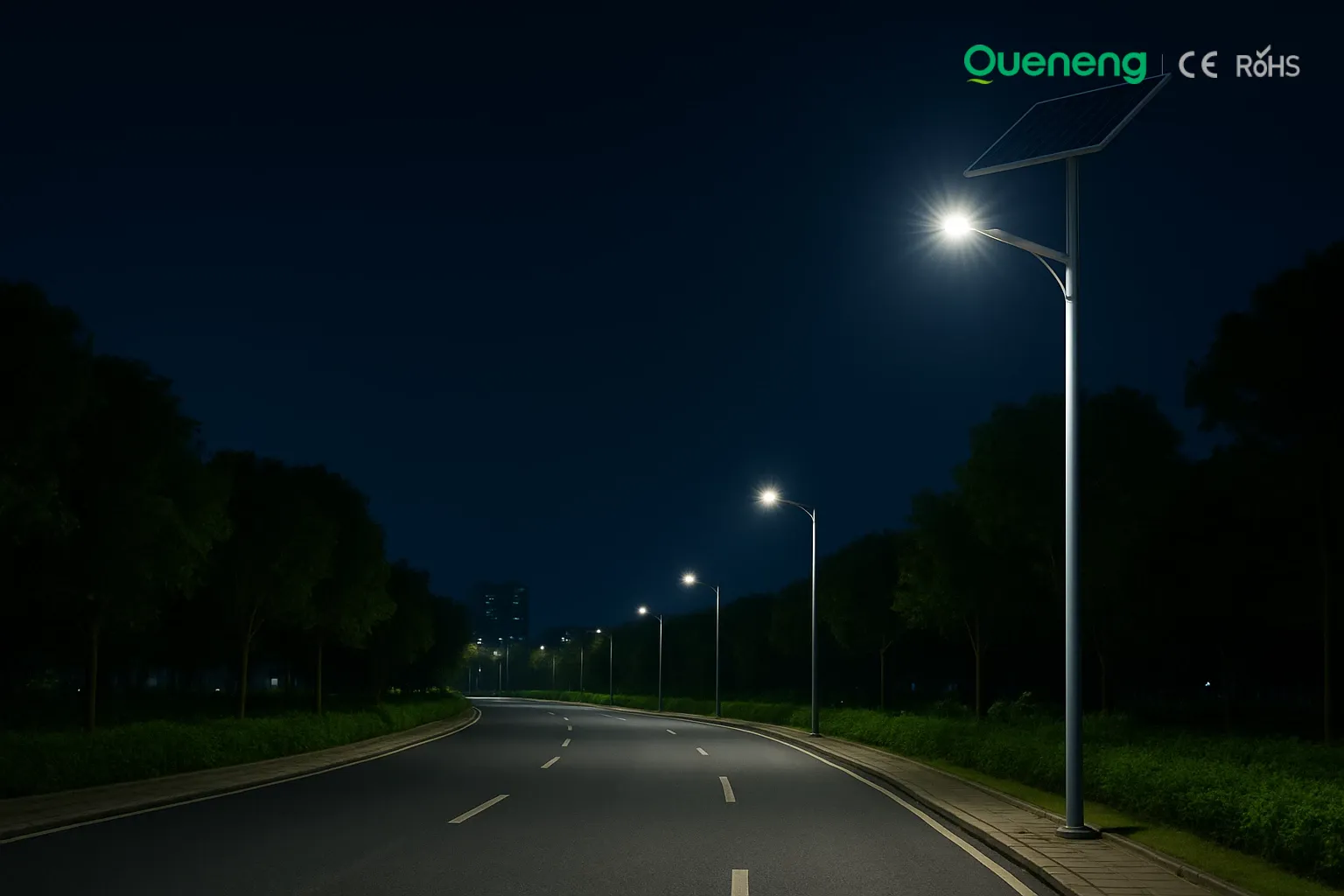
Municipalities around the world are increasingly adopting solar-powered streetlights as part of their urban development strategies. Rising energy costs, the need for sustainable infrastructure, and government green initiatives are driving cities to switch from traditional street lighting to advanced LED solar streetlights.
Queneng Lighting provides municipalities with cost-effective, energy-efficient, and durable solar lighting solutions, ensuring safe and sustainable public spaces.

In recent years, the purchase of solar streetlights for municipalities has become a growing trend across the globe. Local governments are under pressure to reduce public expenditure, promote green energy, and create safer communities. Solar streetlights provide a reliable, cost-effective, and sustainable solution that meets these needs. Queneng Lighting, as a leading solar street lighting manufacturer, has supported multiple municipal projects worldwide with customized and energy-efficient solutions.
FAQ
Solar Street Light Luqing
Can solar street lights be used in cloudy or rainy weather?
Yes, solar street lights can still function in cloudy or rainy conditions, though their performance may be reduced due to lower sunlight. The battery is designed to store enough energy to power the light for several days of overcast weather.
Solar Street Light Luxian
What are the primary benefits of using Luxian solar street lights for outdoor lighting?
Luxian solar street lights offer several key benefits, including energy savings, environmental friendliness, and independence from the electrical grid. They use solar energy to power LED lights, reducing electricity costs while providing reliable, high-quality lighting for outdoor spaces. The durable construction and low maintenance needs make them ideal for long-term use in various outdoor environments.
Municipal and Public Infrastructure
Can the lights be customized for specific municipal projects?
Yes, we offer tailored solutions to meet the unique requirements of different projects, including variations in design, brightness, height, and operation modes.
Battery Types and Applications
What is a plastic lithium-ion battery?
Battery Performance and Testing
What is a temperature rise experiment?
Solar Street Light Luyi
Can Luyi solar street lights be integrated into smart city infrastructure?
Yes, Luyi solar street lights can be integrated into smart city infrastructure. With their advanced control systems, they can be connected to a central monitoring system for real-time performance tracking, remote control of lighting schedules, and energy management. This integration helps optimize energy use and allows for easy maintenance and monitoring of large-scale installations.

The Solar Streetlights of Luhao for Municipalities are designed to deliver reliable, energy-efficient, and cost-effective public lighting solutions. Equipped with advanced LED technology, durable lithium batteries, and high-efficiency solar panels, these streetlights provide consistent illumination for roads, parks, residential areas, and government projects.
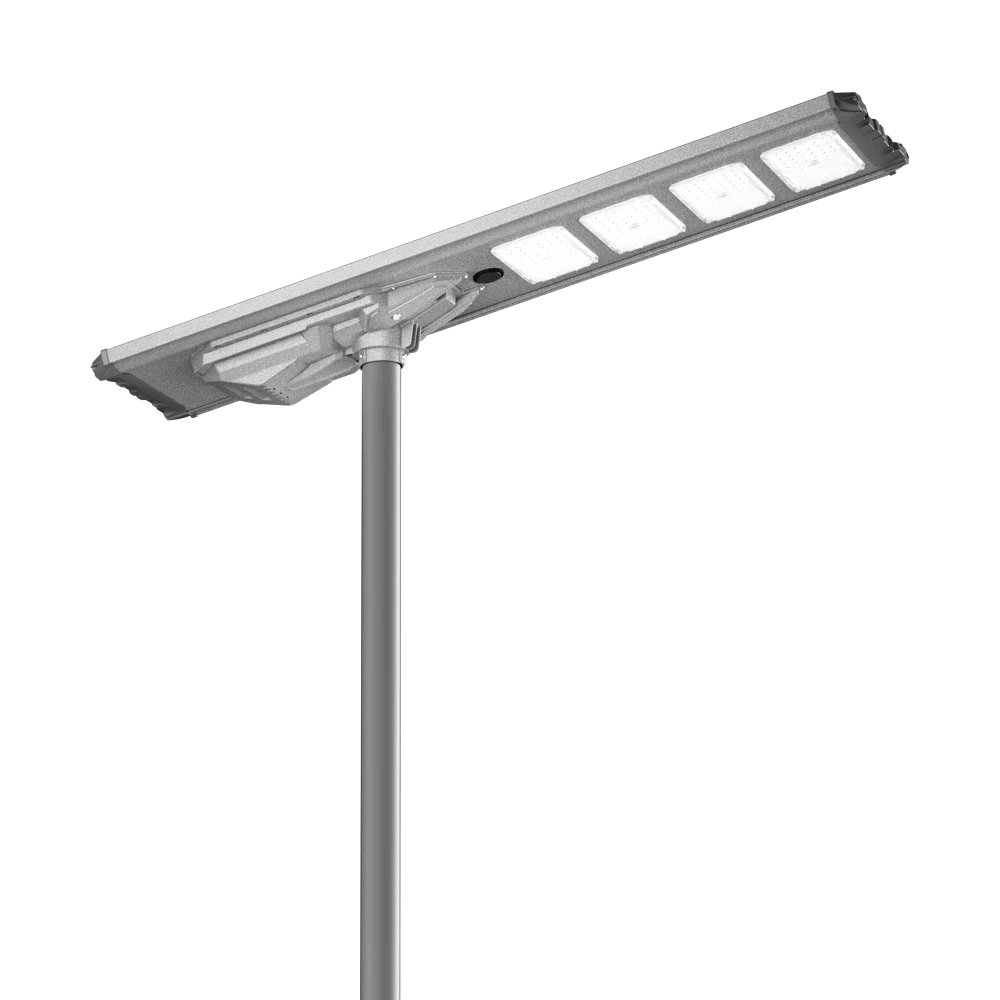
Queneng's Lufei Solar Street Light offers durable, energy-efficient outdoor lighting solutions. This solar-powered street light provides reliable illumination, reducing energy costs and environmental impact. Ideal for outdoor spaces, Lufei ensures safety and security.
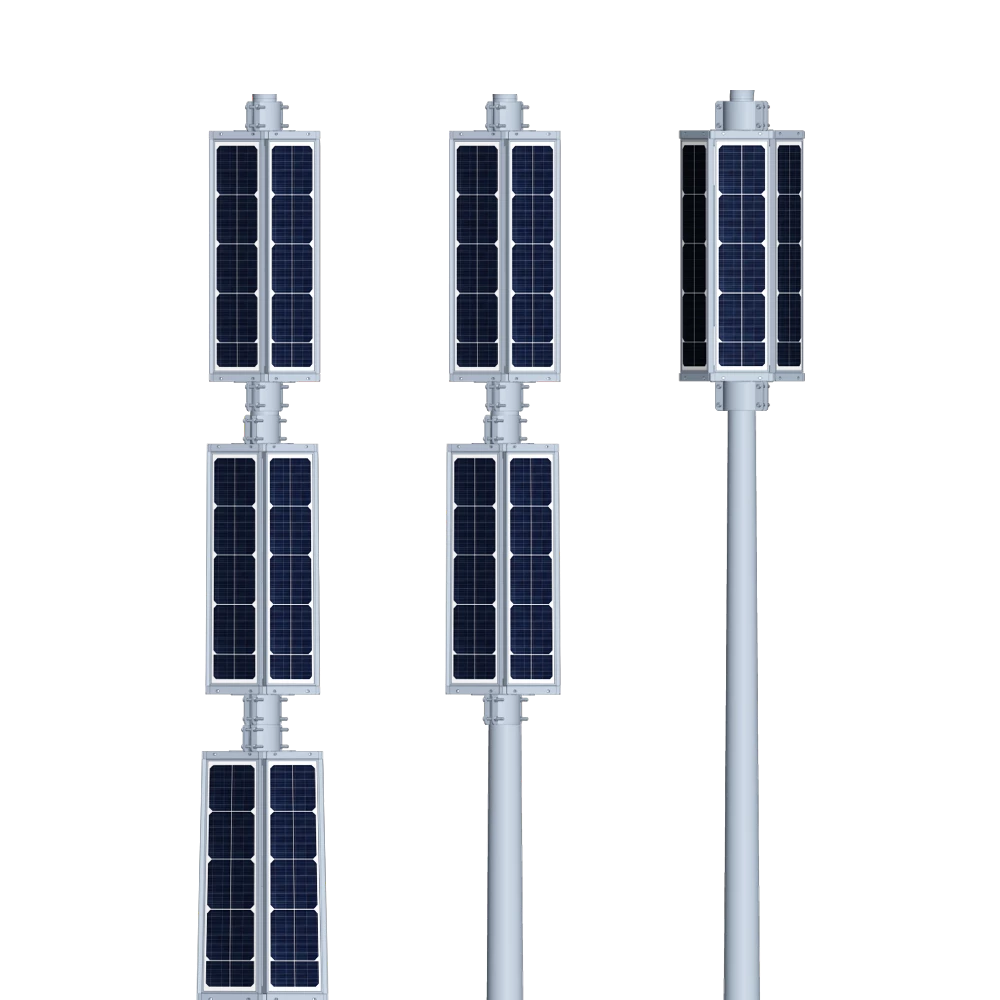
Queneng's Luzhou Solar Street Light provides sustainable, energy-efficient outdoor LED lighting. Powered by solar energy, it's a cost-effective and eco-friendly solution for illuminating streets and pathways. A reliable and durable LED solar street light.
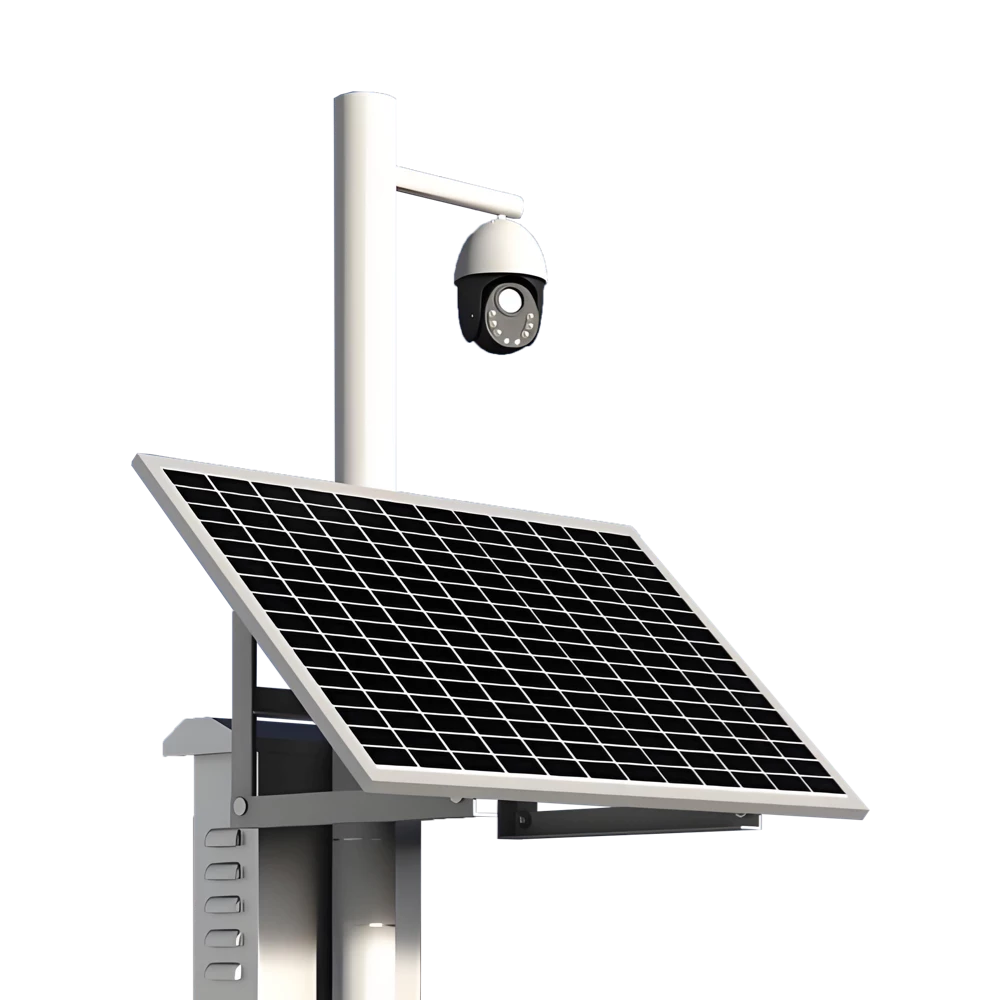
The Solar Street Light offers an energy-efficient, eco-friendly solution for illuminating outdoor spaces.
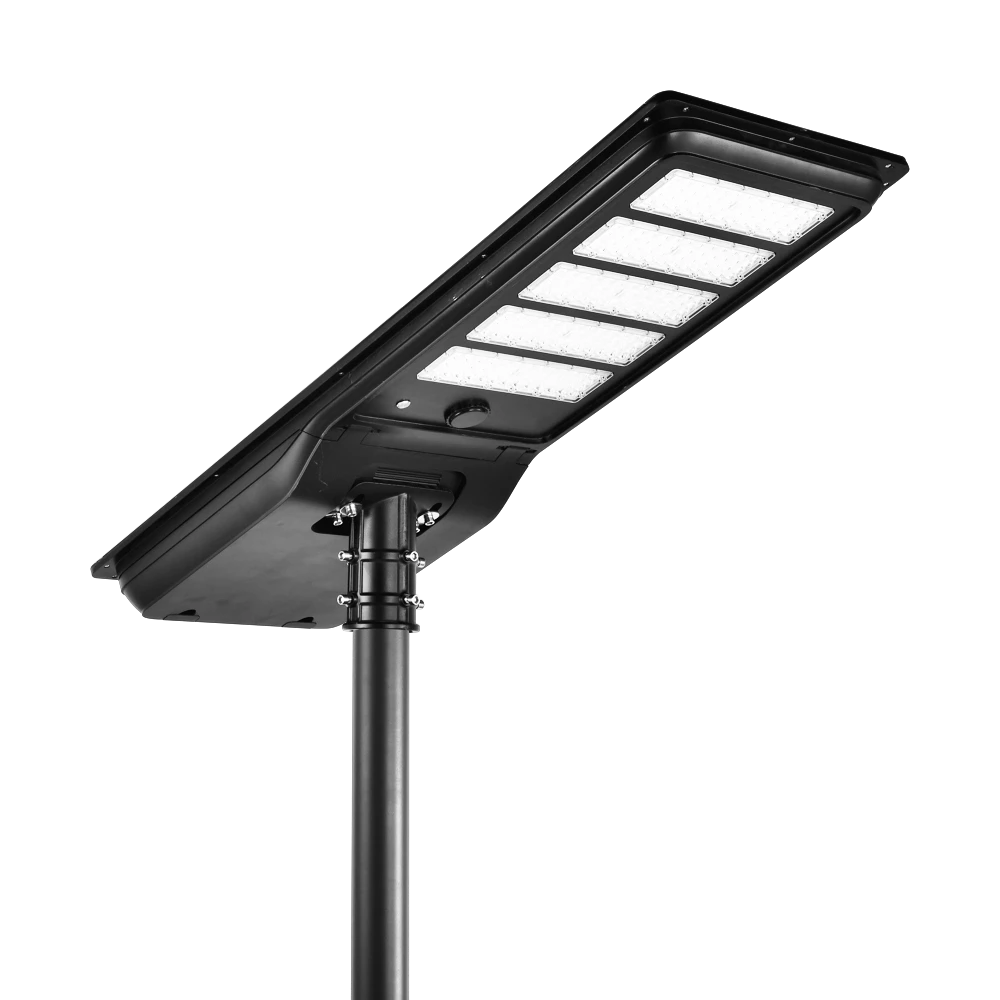
High-efficiency all-in-one solar street light with a monocrystalline solar panel and LiFePO₄ battery. Delivers brighter illumination, wider outdoor coverage, and safer lighting performance for streets and public areas.

Lubai is an integrated solar street light designed for stable, long‑term outdoor lighting in off‑grid and weak‑grid areas. Combining a high‑efficiency solar panel, LiFePO₄ battery, and intelligent motion sensing, Lubai delivers reliable illumination with low maintenance and fast installation.
Our professional team is ready to answer any questions and provide personalized support for your project.
You can reach us via phone or email to learn more about Queneng’s solar lighting solutions. We look forward to working with you to promote clean energy solutions!
Rest assured that your privacy is important to us, and all information provided will be handled with the utmost confidentiality.
By clicking 'Send Inquiry Now' I agree to Queneng processing my personal data.
To see how to withdraw your consent, how to control your personal data and how we process it, please see our Privacy Policy and Terms of use.
Schedule a Meeting

Book a date and time that is convenient for you and conduct the session in advance.
Have more questions about our products or services?





















